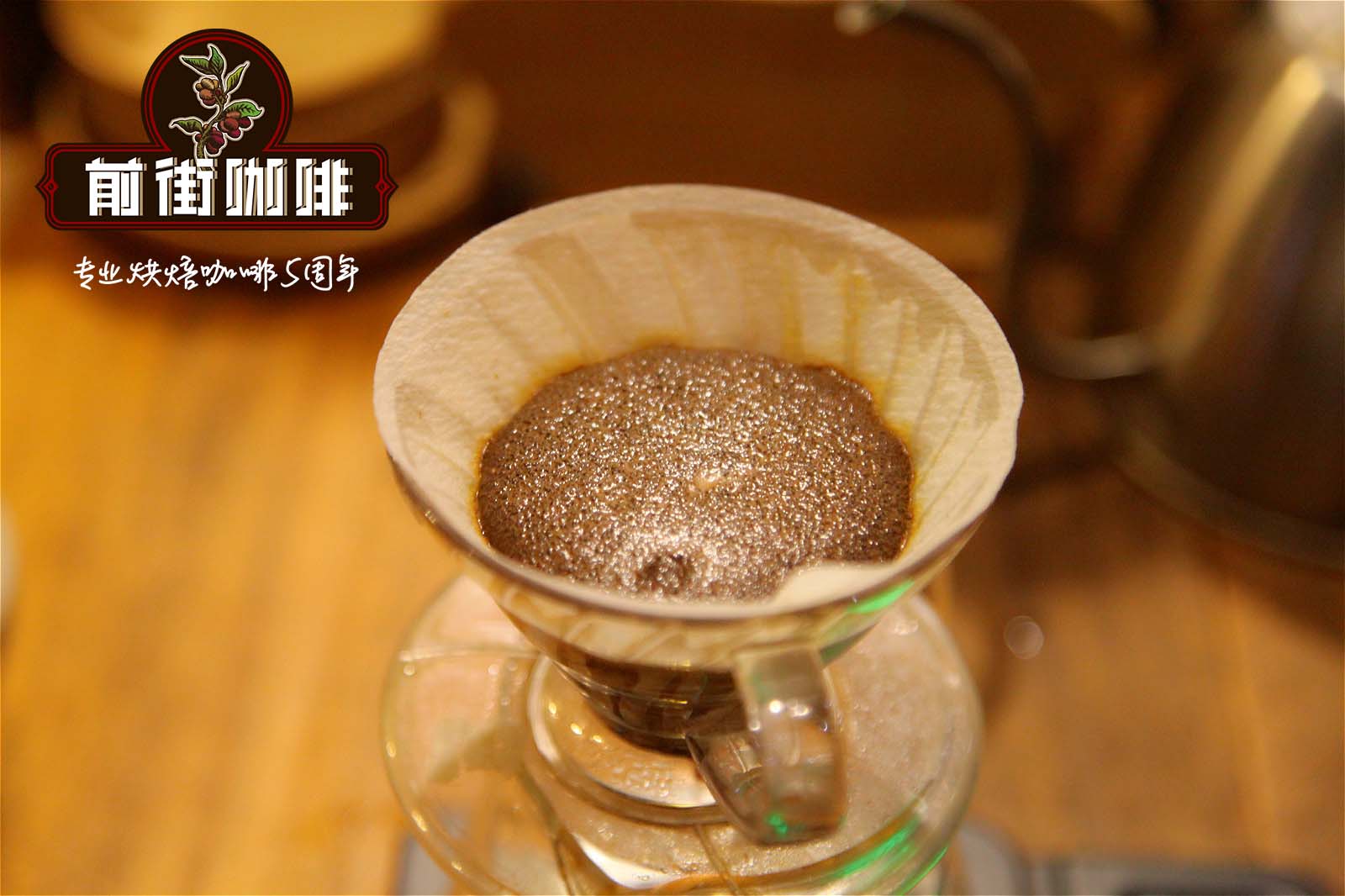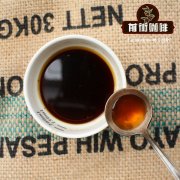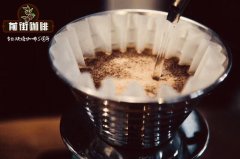Third Runner-up of Burundi Excellence Cup | Burundian MUNKAZE COFFEE introduces what is BUJACAF é 15 +

Professional coffee knowledge exchange more coffee bean information please follow the coffee workshop (Wechat official account cafe_style)
According to the international panel of judges of the sixth quality Competition of the Burundian Excellence Cup, a record seven green coffees in the country scored 90 points or more, which ended in Bujumbura last month.
All the winning coffee in the 2018 Burundian CoE competition is a fully washed, high-growth bourbon, usually dried on a raised bed. Although these coffees have a spectacular reputation in the cup, they are also vulnerable to the rare occurrence of potato taste defects, which cannot be detected before coffee is processed, roasted and brewed. The CoE organizer Coffee Excellence Alliance says jurors can eliminate any coffee with potato flaw in the cup at any stage of the competition.
In an announcement about award-winning coffee released yesterday, Emma Chevalier, a Burundian CoE international juror for Atlanta-based Revelator Coffee, shared a popular view that coffee of East African origin is the most vulnerable to potato defects-the reward is worth the risk.
"the coffee in Burundi is very good. There is the possibility of potato defects, but even the most special coffee may have some problems, "Chevalier said. "in our company, we communicate with our employees, we are committed to Burundian coffee, and there may be potato cups. We are more tolerant of the chance of rare potatoes in the cup, because the exact cause of the defect is still somewhat mysterious. The exact cause and exact way of potato defects are not fully understood. Producers, washing stations and factories may adhere to very high standards and practices and still experience potato defects. In addition, a (possibly extraordinary) Burundian lot can consist of cherries from hundreds of small-scale farmers. We know that rare or slight potatoes in the cup may slip in with some of the best and brightest coffees, which is not ideal, but it's a pity to miss the gems. We don't really buy coffee with known potato problems, and we are more flexible when a rare potato problem arises. "
Coffee seeds in Burundi are mostly selected and distributed exclusively by the Burundian Institute of Agricultural Sciences (ISABU). On the Rubagabaga Sebatigita family plantation (17,000 coffee trees), Mibirizi may have been planted by grandfather Ntirandekura in the 1930s.
In the past four years, trees have been replaced by Bourbon BM 139varieties. At Munkaze Farm, close to the coffee washing and processing plant, there are 8,000 trees on the coffee plantation. The total acreage of the family is 25000 trees.
Cherry coffee is brought to the washing plant by two producers:
Four collectors of partner TWARANYUZWE (about 800 farmers) bring coffee they cannot receive to their own washing plants, and Ms. Sebatigita Odette and Ms. Ephrem are also partners of coffee growers.
BUJACAF É 15 + provides money for crops and buys coffee processed in Munkaze Coffee. Every farmer has his registration card, so it is easy to follow up the payment. The minimum price imposed by INTERCAFE is respected, and BUJA CAFE 15 + gives a premium after the end of the coffee season and after selling raw coffee beans. Cooperatives receive a premium of 50 Fbu per kilogram.
Important Notice :
前街咖啡 FrontStreet Coffee has moved to new addredd:
FrontStreet Coffee Address: 315,Donghua East Road,GuangZhou
Tel:020 38364473
- Prev

What are the characteristics of Burundian Ngozi NGOZI coffee? How do you drink Starbucks Burundian coffee?
Professional coffee knowledge exchange more information about coffee beans Please follow Coffee Workshop (Wechat official account cafe_style) Burundi may not be the leader in the global coffee market, but it is trying to improve its productivity. Coffee cultivation in Burundi is affected by the political and social problems encountered by its neighbour Congo. It mainly affects the future sustainability of the market. In a
- Next

Columbia Mirador Farm Orange Bourbon hand flush how good _ Columbia hand flush is not astringent
Professional coffee knowledge exchange more coffee bean information please follow the coffee workshop (Wechat official account cafe_style) Colombian Coffee Merado Manor Orange Bourbon washing Colombia Huila EL Mirador Orange Bourbon's fondness for bourbon, let us find this orange soda-flavored orange bourbon in addition to the pink bourbon, what is even more exaggerated.. There's a guy today.
Related
- Detailed explanation of Jadeite planting Land in Panamanian Jadeite Manor introduction to the grading system of Jadeite competitive bidding, Red bid, Green bid and Rose Summer
- Story of Coffee planting in Brenka region of Costa Rica Stonehenge Manor anaerobic heavy honey treatment of flavor mouth
- What's on the barrel of Blue Mountain Coffee beans?
- Can American coffee also pull flowers? How to use hot American style to pull out a good-looking pattern?
- Can you make a cold extract with coffee beans? What is the right proportion for cold-extracted coffee formula?
- Indonesian PWN Gold Mandrine Coffee Origin Features Flavor How to Chong? Mandolin coffee is American.
- A brief introduction to the flavor characteristics of Brazilian yellow bourbon coffee beans
- What is the effect of different water quality on the flavor of cold-extracted coffee? What kind of water is best for brewing coffee?
- Why do you think of Rose Summer whenever you mention Panamanian coffee?
- Introduction to the characteristics of authentic blue mountain coffee bean producing areas? What is the CIB Coffee Authority in Jamaica?

